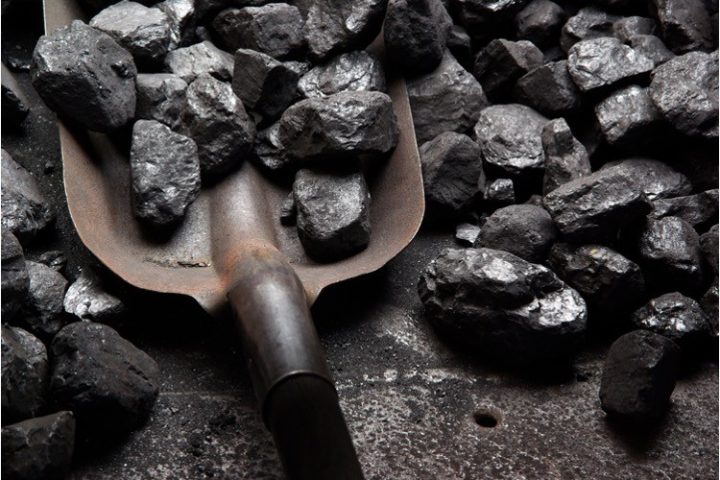
The nation of Greece, which began shutting down lignite (aka brown coal) fired power plants in 2019 and has boasted that the last of their coal-fired plants will be shut down by 2025, has ordered many of those plants to be restarted in order to avert possible blackouts in the coming months.
A recent study from the Regulatory Authority for Energy (RAE) of Greece noted that energy supply for the winter months in the country was at risk due to a shortage of natural gas. Since the nation has no strategic supply of natural gas, many of the lignite-fired energy plants — some of which have already been shut down and at least partially dismantled — have been ordered to go back online.
Energy prices, already high in Greece, might have to go even higher since the price to import natural gas — which now powers some 42 percent of electricity generation in the nation — is far too high to be feasible.
“With the rapid shutdown of coal-fired power plants, electricity generation by gas-fired power plants in Greece rose to a total of 42 percent,” Blackout News reported. “However, Greece does not have natural gas reserves and therefore has to import the gas at a high price, which means that the price of electricity is becoming more and more expensive and is becoming unaffordable for many Greeks.”
This U-turn back to coal is coming despite Greek Secretary General for Energy & Mineral Resources Alexandra Sdoukou claiming, “We are saying goodbye to the coal age” back in April of this year.
“The shutdown of all lignite plants by 2025, earlier than the original plan, marks the entry of Greece into the club of countries that fully adopt the principles of clean energy, while sealing the transformation of PPC into a modern energy player in Europe,” Sdoukou claimed earlier this year.
Greece is hardly alone in having to revert back to tried-and-true technologies such as coal to their nation. In September, the United Kingdom was forced to restart shuttered coal-fired plants due to a lack of wind to power the energy grid — an embarrassment for Boris Johnson just ahead of the COP26 climate conference held in Glasgow in November.
While the coal start-ups in the U.K. were largely due to the failure of so-called renewable energy sources, Greece’s new coal burning is the result of not having another fossil fuel — natural gas.
That’s not to say that Greece isn’t looking to go ever greener, however. The nation currently has plans to vastly expand wind and solar sources of electricity. But even there a problem exists from an unlikely source. Environmental group Greenpeace has been highly critical of new wind farms being built in the Aegean Sea.
A new law in Greece has reduced the amount of time to get approvals for new wind farms down to 150 days. Previously, such farms had taken several years to be approved by the government.
It’s not enough time, according to Greenpeace: “We don’t even know how Designated Zones are categorized,” said Takis Grigoriou, a climate activist for the environmental group. “We have a completely chaotic situation in which it is not even clear what is allowed and where.”
More and more, as nations look to bolster their “climate credibility” among the global community, they are finding that so-called renewable sources are not even close to being up to the task. It’s creating some embarrassing moments for these nations as they struggle to “keep the lights on” for their citizens.




